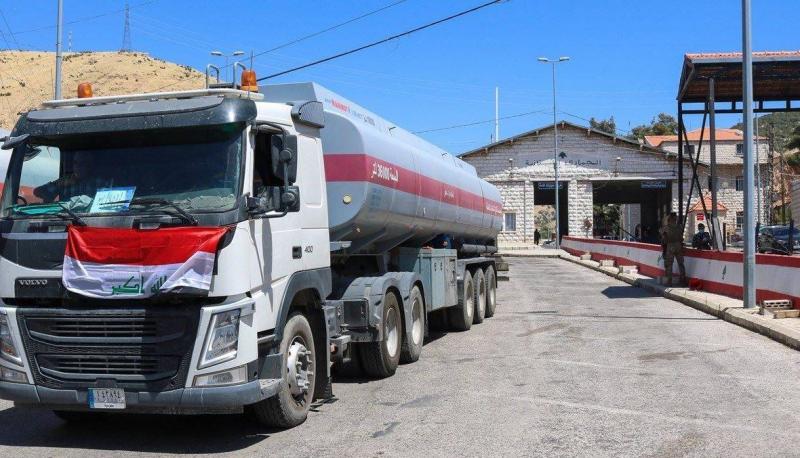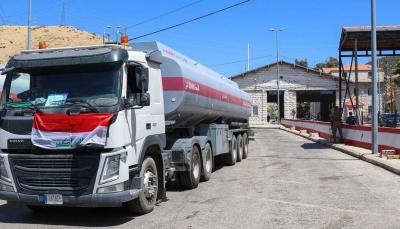About a year ago, specifically in mid-September of the previous year, the first shipments of Iraqi fuel arrived in Lebanon, stemming from the exchange agreement signed with Iraq in late July of that same year. The “Emirates National Oil Company” won the replacement tender conducted by the Lebanese Ministry of Energy, which was approved by Iraqi authorities. This agreement is based on the exchange of approximately 84,000 tons of Iraqi black oil for about 30,000 tons of heavy fuel oil and around 33,000 tons of gas, after deducting transportation costs that are covered from the total Iraqi oil.
However, with the arrival of the second and third shipments at the beginning of October and early November, it became evident that each shipment did not exceed 60,000 tons, meaning the quantity decreased by about 20,000 tons. Notably, the agreement stipulates supplying one million tons over the course of a year, divided into 12 months. This situation increased the costs incurred by Lebanon because they are linked to the transported quantity, which is paid to the company handling the exchange process. Additionally, this cost is deducted from the total monthly quantity delivered to Électricité du Liban, resulting in a further decrease in the overall quantity provided to the utility.
As a result, Prime Minister Najib Mikati revisited the issue with his Iraqi counterpart Mustafa Al-Kadhimi to restore the previously agreed-upon quantity. Indeed, the Iraqi authorities promised once again to increase the quantity to be between 75,000 and 80,000 tons. With the outbreak of the war in Ukraine and the global rise in oil prices, the cost of Iraqi fuel increased, particularly since the exchange agreement has two facets: the time frame specified for one year and the value of the supplied oil fixed at about 423 million dollars for one million tons. When costs rose due to price increases, the value of the quantity delivered to Lebanon dropped by approximately 178,000 dollars.
Based on this, Mikati intervened again to renew the agreement, especially since securing the remaining quantity, disregarding price hike considerations, needed the approval of the Iraqi Cabinet, as communicated to the Lebanese Ministry of Energy. Mikati sent a written message to the Iraqi government, bypassing the Lebanese Ministry of Energy, requesting to extend the contract with Lebanon for fuel supply for another year. He delivered this letter on August 5 to Iraq's ambassador to Lebanon, Haidar Al-Barrak, following communications led by the caretaker Prime Minister with the Iraqi Prime Minister Mustafa Al-Kadhimi. This was in parallel with an open line between the latter and General Security Director Major General Abbas Ibrahim, who visited Baghdad in July to discuss the contract extension with its leadership.
Indeed, the Iraqi government approved the request in its meeting yesterday to extend the fuel supply to Lebanon for the needs of Électricité du Liban for another year under the same conditions as previously applied, according to a statement from the office of the caretaker Prime Minister. An Iraqi delegation is expected to arrive next Tuesday to discuss the possibility of completing the withdrawals for the current year, renewing for an additional year, and discussing payment methods.
But has Lebanon settled its dues? According to the signed contract, Iraq is supposed to supply oil to Lebanon in exchange for Lebanon providing support in medical and healthcare services, particularly by sending Lebanese experts and specialized medical teams to assist in managing new medical facilities in Iraq. To date, Lebanon has not paid any of its dues to Iraq, although the Central Bank of Lebanon opened a special account for the amounts it owes, as confirmed by sources from the Ministry of Energy. The Iraqi delegation that visited Lebanon in March reviewed the financial procedures taken by the Central Bank concerning this matter, which should cover Iraq's needs from Lebanon, whether in products, healthcare bills, or technical expertise. Therefore, the delegation expected to be in Beirut early next week will determine the nature of the needs that Baghdad wants in exchange for the oil.




